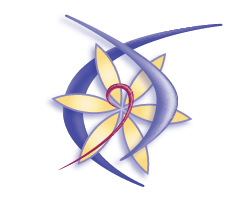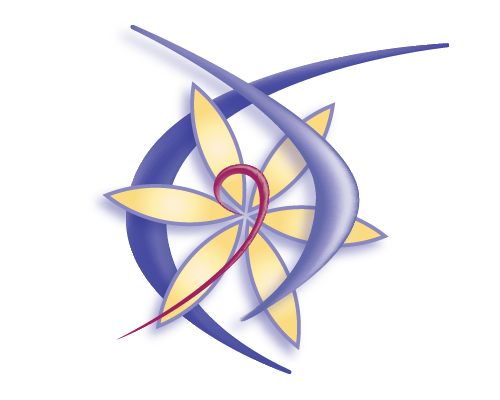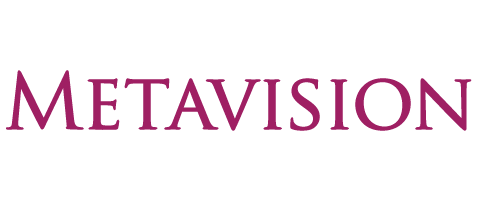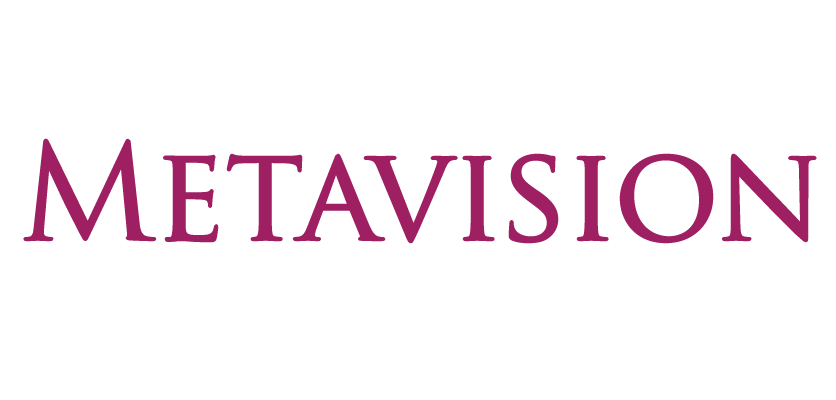Unit Description
This unit introduces students to skills-based Process Oriented approaches for working with body symptoms and dreams.
This 3-credit point unit introduces students to skills-based Process Oriented approaches for working with body symptoms and dreams. Body symptoms and dreams are viewed as symbolic doors to uncover the secondary process in holistic counselling and psychotherapy. Students will learn and practice skills for working safely with unfolding sensory grounded information present in body symptoms and dreams. These are essential skills for working with trauma and somatic presentations.
Students will learn about Arnold Mindell’s concept of the dreambody and its evolution in application to body symptom and dream work, and will develop skills to unfold signals in the channels of awareness within body symptoms and dreams with clients. Students will learn to differentiate between primary and secondary information in body symptom work and dreams to enhance client awareness. This learning through experiential exercises is embedded in timetabled and untimetabled study.
Unit Code
105S
Unit Type
Core Unit
Study Period
Semester 2, Year 1
Credit Points
3.0
Unit Coordinator
Consultation Times
30 minutes before and after workshop intensives and by appointment during the semester
Learning Outcomes
On completion of this unit, students will be able to:
- a) Competently apply body symptom work in holistic counselling practice and recognise contraindications for use.
- b) Unpack information about clients’ body symptoms and identify polarities such as the symptom maker/symptom receiver and discover a symptom’s unique message.
- c) Differentiate between primary and secondary processes and identify and work with edges in body symptom work and dreamwork.
- d) Critically analyse the roots of dreamwork in Jungian theory and use symbolic thinking to unfold dreams.
- e) Articulate and apply the concepts of consensus reality, dreamland, and essence in practice sessions.
- f) Recognise and utilise appropriate dream doors to enter the dreaming process.
- g) Assist clients to ground new information gained from body symptom work and dreamwork in their daily lives.
Delivery Mode
Blended: Intensive workshops, study buddy activities, personal study and Zoom tutorial
Student Workload
The total unit workload is equivalent to 7.34 hours per week over the semester, 117.5 hours in total.
- 12 hours on-campus workshop intensives
- 1.5 hours Zoom discussion
- 8 hours study buddy work
- 96 personal study hours
Available in Courses
This unit is available in the following courses:
Specialist Training in Holistic Counselling & Psychotherapy Specialist Training in Holistic Counselling - 1 YearCreated: June 28, 2021, 5:03 p.m. • Updated: May 19, 2023, 11:48 a.m.



